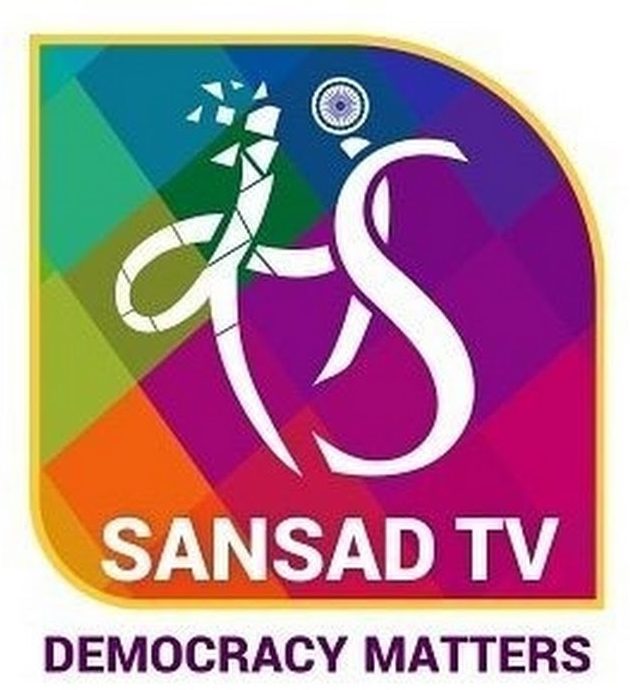[ad_1]

Introduction:
The Bill bars persons from financing any prohibited activity related to weapons of mass destruction and their delivery systems.
Features:
Need for the Amendment:
- To focus on the financial bit of activities supporting WMDs. There was an urgent need to have provision to ban financing for Weapons of Mass Destruction. The existing legislation was silent on this aspect.
- To provide more teeth to government to act against terror funding. The present bill empowers the Government to freeze, seize or attach funds or other financial assets or economic resources for preventing such financing.
Prohibition on financing certain activities:
-
- The Bill bars persons from financing any prohibited activity related to weapons of mass destruction and their delivery systems.
- To prevent persons from financing such activities, the central government may freeze, seize or attach their funds, financial assets, or economic resources (whether owned, held, or controlled directly or indirectly).
- It may also prohibit persons from making finances or related services available for the benefit of other persons in relation to any activity which is prohibited.
These are weapons with the capacity to inflict death and destruction on such a massive scale and so indiscriminately that its very presence in the hands of a hostile power can be considered a grievous threat.
- India’s 2005 WMD Act defines Weapons of mass destruction as biological, chemical, or nuclear weapons.
- In the USA, WMD includes a nuclear, radiological, chemical, biological, or other device that is intended to harm a large number of people.
- India’s position on international Regime concerning WMDs:
- India has signed and ratified both the:
- Biological Weapons Convention, 1972.
- Chemical Weapons Convention, 1992.
- However, it has not signed the treaties regulating the use and proliferation of nuclear weapons (which includes NPT and CTBT).
Biological weapons:
Also called germ weapons, they are any of a number of disease-producing agents—such as bacteria, viruses, rickettsiae, fungi, toxins, or other biological agents—that may be utilized as weapons against humans, animals, or plants.
The Biological Weapons Convention (BWC):
It is the first multilateral disarmament treaty banning the development, production and stockpiling of an entire category of weapons of mass destruction, was opened for signature on 10 April 1972. The BWC entered into force on 26 March 1975.
The BWC bans:
- The development, stockpiling, acquisition, retention, and production of:
- Biological agents and toxins “of types and in quantities that have no justification for prophylactic, protective or other peaceful purposes;”
- Weapons, equipment, and delivery vehicles “designed to use such agents or toxins for hostile purposes or in armed conflict.”
- The transfer of or assistance with acquiring the agents, toxins, weapons, equipment, and delivery vehicles described above.
[ad_2]

